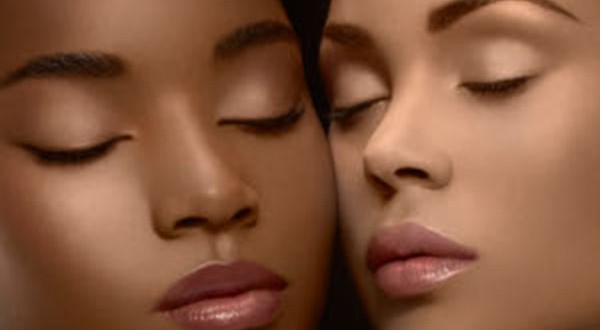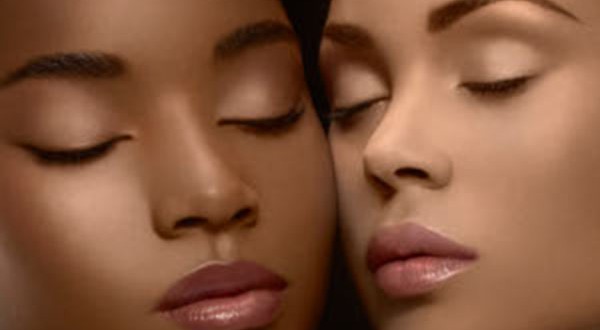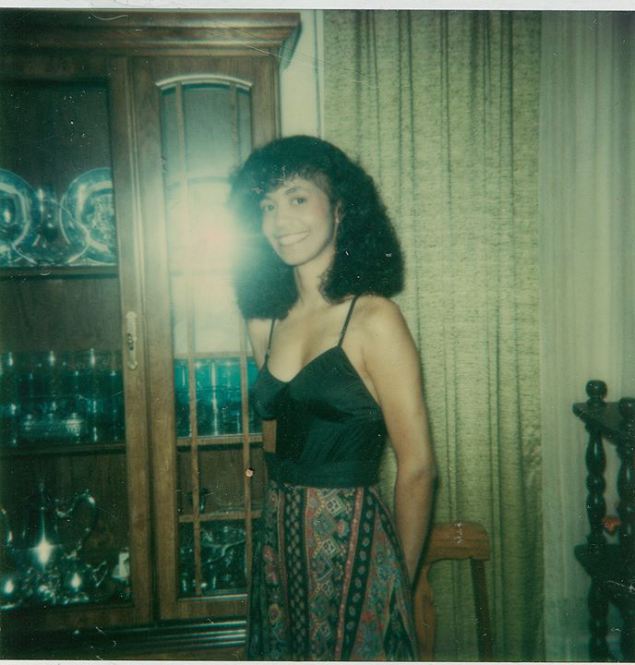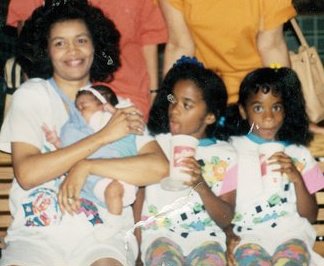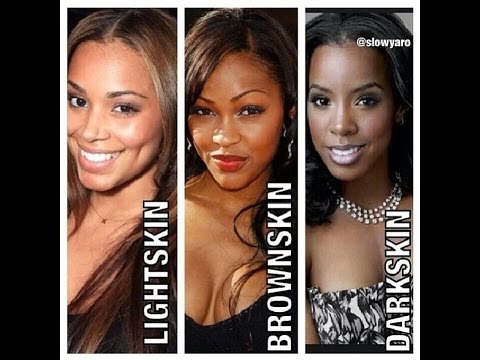Author: Amy Nicole
One word to describe Kendrick Lamar’s latest album is conscious. The album titled “To Pimp A Butterfly” touches on topics like institutional racism, consumer capitalism, and justice. Ironically his album was released in the midst of racial tension between white police officers and the African American community. Walter Scott joins the rapidly growing list of African American men being killed at the hands of white police officers. Unlike the cases involving Eric Garner and Michael Brown the officer responsible for Scott’s death was indicted but many believe that he was only convicted due to the fact that the incident was recorded on camera.
The recent deaths of African American men have lead to protest and riots all over the country as thousands (famous and non-famous) have taken a stand to call out our flawed judicial system for its bias protection of black lives. With all of the attention that this issue has garnered, it is definitely time to address those uncomfortable topics that many want to overlook and ignore.
At the end of the song “Mortal Man” Lamar uses an unreleased 1994 interview with the late rapper Tupac Shakur and incorporates himself asking the rapper questions.
KL:: I wanted to ask you about a metaphor. You spoke on the ground? What does the ground represent?
Tupac:: The ground is going to open up and swallow the evil. The ground is a symbol for the poor people. The poor people are going to open up this whole world and swallow the rich people because the rich are going to be so fat and appetizing, wealthy… the poor are going to be so poor and hungry.
KL:: I can truly tell you there is nothing but turmoil going on. What do you think is the future for me and my generation today?
Tupac: I think niggas is tired of grabbing shit out the stores and the next time there is a riot it’s going to be bloodshed, for real. I don’t think America know that. I think America thought we were just playing. It aint going to be no playing, it’s gonna be murder.
At the end of the interview Kendrick reads a metaphor to Tupac which describes the title of his album.
KL:: I wanted to read one last thing to you, it’s actually something a good friend had wrote describing my world. It says the caterpillar is the prisoner to the streets that conceived it, its only job is to eat or consume everything around it in order to protect itself from this mad city. While consuming its environment the caterpillar begins to notice ways to survive. One thing it notices is how much the world shuns him but praises the butterfly. The butterfly represents the talent, the thoughtfulness and the beauty within the caterpillar.
Could the caterpillar be a representation of the African American man in society today trying to survive within a judicial system which was never made to protect him? According to recent statistics African Americans now constitute nearly 1 million of the total 2.3 million incarcerated populations. African Americans are incarcerated at nearly six times the rate of whites. Due to the consequences of incarceration many black men are unable to obtain stable employment which in turn leads them to a lifestyle of crime as a way to make ends meet. Unfortunately prison has not been proven as rehabilitation for behavior, as two-thirds of prisoners will in fact reoffend repeating the oppressive cycle. How ironic that a 1994 interview from the late rapper Tupac Shakur is so relevant to what’s going on in society today.
Source:


